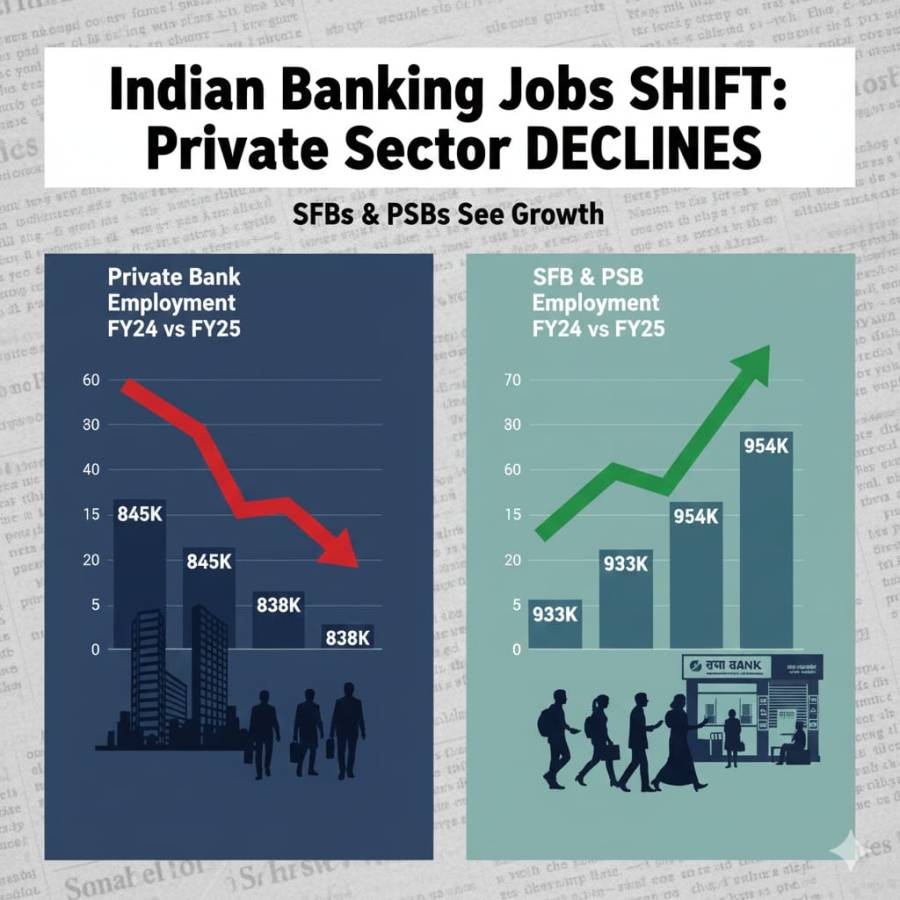
The Group of Twenty, popularly known as G20, has emerged as the premier forum for international economic cooperation. Established in 1999, it was initially formed for Finance Ministers and Central Bank Governors to address global economic and financial challenges. However, in the wake of the 2007 global financial crisis, its significance expanded, and by 2009, it was elevated to the level of a Head of State/Government meeting. Since then, it has been held annually under a rotating presidency, playing a crucial role in shaping global policies.
India’s Historic Presidency and Key Takeaways
The recently concluded G20 Summit in New Delhi marked a historic moment for India, particularly with the inclusion of the African Union (AU) as a permanent member. This expansion now brings the total count of state heads within the G20 to twenty-one. India leveraged this platform to highlight its cultural and diplomatic influence, encapsulated by the summit’s theme, Vasudhaiva Kutumbakam (One Earth, One Family, One Future). This theme set the tone for discussions on political sovereignty, economic growth, climate change, terrorism, and digital infrastructure, making it one of the most impactful G20 summits to date.
One Earth: A Unified Approach to Global Challenges
Under the One Earth pillar, discussions revolved around climate change, sustainable economic growth, digital transformation, and counterterrorism efforts. The unanimous adoption of all 83 paragraphs in the 2023 G20 New Delhi Leaders’ Declaration was a significant achievement, especially considering the presence of China and Russia, both of whom initially expressed reluctance to attend the summit. The absence of footnotes or a Chair’s Summary further highlighted India’s diplomatic prowess in bringing nations together.
India also took a strong stand on environmental sustainability, advocating for $5.9 trillion in green financing initiatives to combat climate change. Commitments were made to achieve net-zero carbon emissions by 2070, reinforcing India’s commitment to global climate goals. The fight against terror financing was also a major talking point, with global leaders condemning illicit financial networks without explicitly naming specific countries.
Additionally, the summit emphasized the critical role of digital infrastructure in economic growth. India, having successfully implemented digital payment systems like UPI, positioned itself as a leader in digital transformation, offering a model for other developing nations.
One Family: Economic Growth and Strategic Alliances
The One Family aspect of the summit focused on economic corridors, trade partnerships, and inclusive growth. One of the most significant announcements was the Indian-Middle East Economic Corridor (IMEC), a transformative initiative aimed at enhancing trade connectivity between India, the Middle East, and Europe. This corridor will reduce transportation costs, streamline supply chains, and open up new trade opportunities for developing nations.
Another major takeaway was the emphasis on sustainable agriculture, with India promoting the benefits of millets. By encouraging the adoption of climate-resilient crops, India aims to support global food security while boosting its own agricultural exports.
Taxation policies also took center stage, with discussions on implementing a fair and sustainable global tax system. This move is expected to level the playing field for businesses while ensuring that developing economies get their fair share of global revenues.
One Future: Preparing for Global Challenges Ahead
Looking ahead, the summit outlined several futuristic policies under the One Future theme. These included the revival of the Black Sea Grain Initiative, global health reforms, and anti-base erosion and profit-shifting mechanisms. Given the aging global population, India positioned itself as a key player in global healthcare solutions. With its strong pharmaceutical industry, India stands to gain significantly from global health initiatives.
Furthermore, India is expected to benefit from anti-base erosion policies, with projected earnings ranging from $100 million to $240 million. The transition from fossil fuels to biofuels was also a crucial topic, with India advocating for increased solar energy adoption and securing a significant role in the global renewable energy market.
India’s Leadership and Future Prospects
India’s presidency at the G20 summit has demonstrated its ability to influence global discourse and drive meaningful change. The nation’s strategic vision, organizational prowess, and diplomatic finesse have positioned it as a key player on the world stage. As a result, the benefits of this summit will not only shape India's future but also contribute to global progress.
With strengthened global partnerships, increased economic opportunities, and a reinforced leadership role, India is poised to reap significant long-term benefits from the G20 summit. The impact of this diplomatic success will be felt for years to come, cementing India’s status as a rising global power.





















